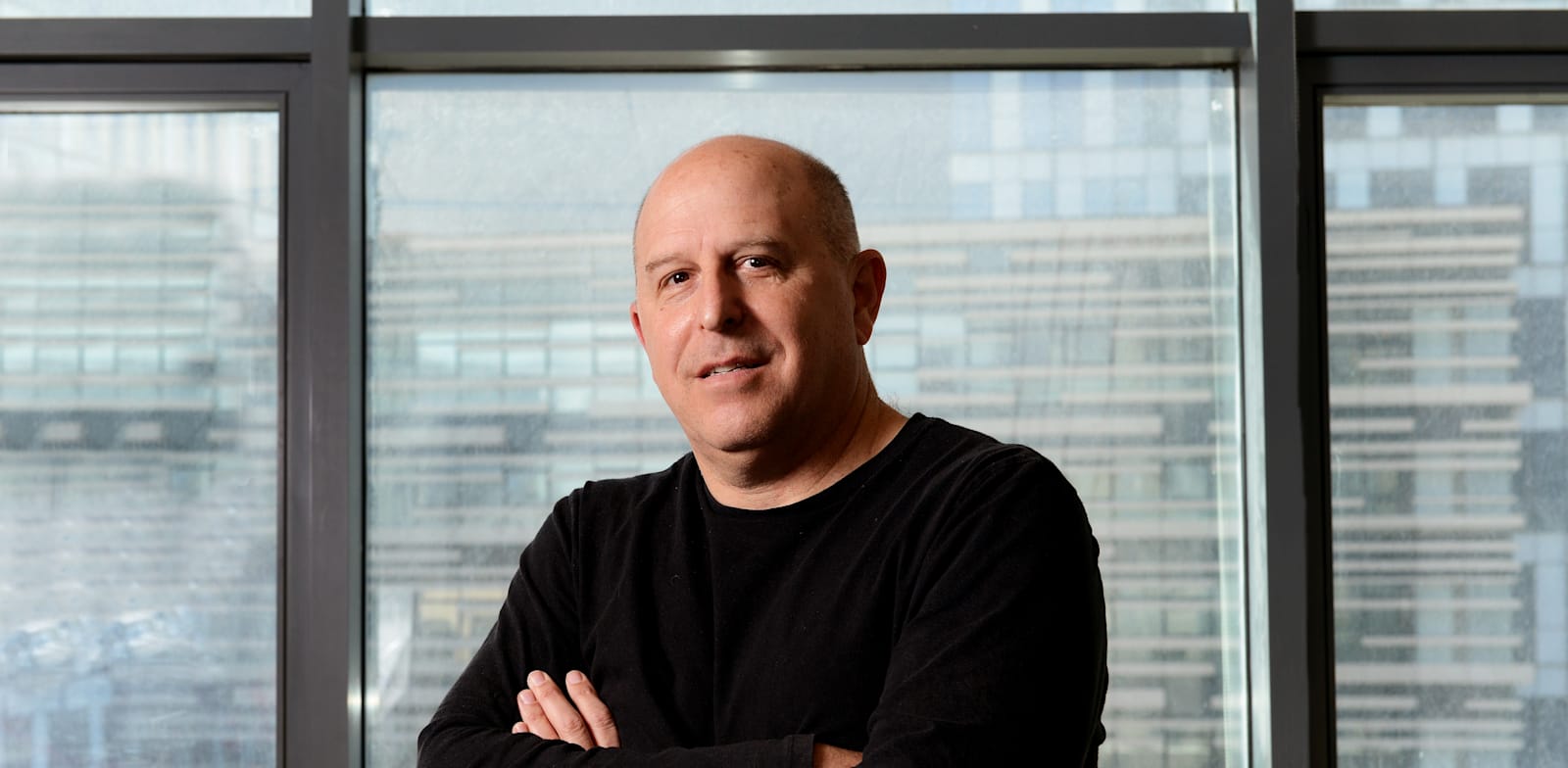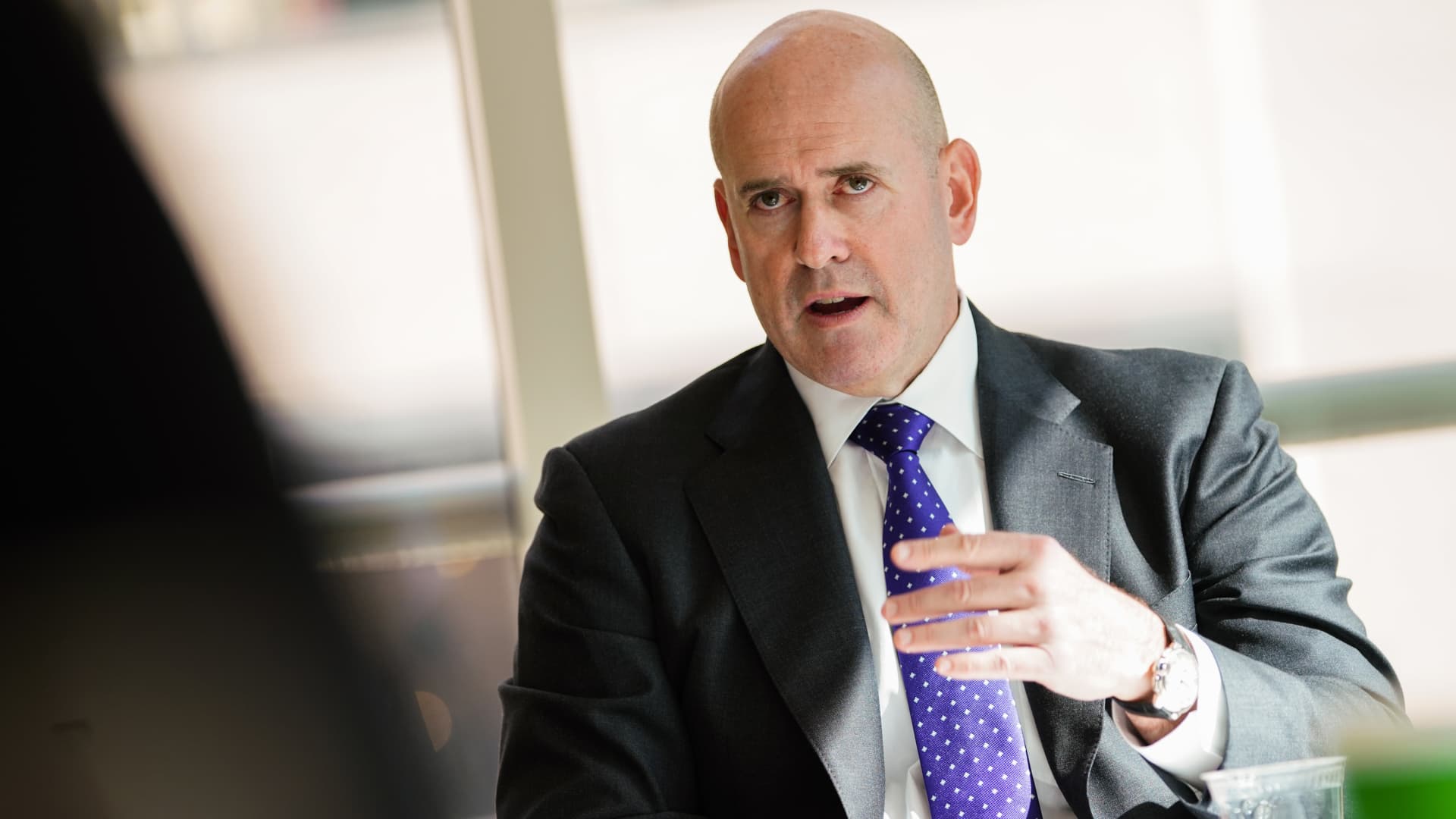As India embarks on its 25-year journey towards 100 years of Independence, its states will have to emerge as beacons of a model progressive, secular, and inclusive society. For the country to progress, its states will have to focus on a multitude of sectors, and balance their priorities and action plans. One prong of this plan will be the economy. Governments will have to pay attention to drafting robust industrial policies, develop urban infrastructure, find reliable energy sources, and invest in information technology services.
The second prong of this policy will revolve around the countryside. Administrations will need to look at better rural governance and help agriculture become more productive and sustainable. The third area of focus will be human development — boosting access to health care, ensuring more children come to schools and get into high-quality institutes of higher education and have a roof over their heads.
Of course, all of this will need a careful calibration of climate factors and a commitment to renew the environment, while working to expand social welfare nets, especially for marginalised sections. In this regard, Tamil Nadu has already introduced landmark schemes such as breakfast in schools, free travel for women in town buses and ₹1,000 for girl students for higher education.
First, let’s look at social and human development. States will have to develop an advanced, effective, and integrated health system inclusive of the best of allopathy, siddha and other Indian systems of medicine, with a focus on preventive care, to ensure the highest standards of health. Emphasis will have to be placed on the poor and vulnerable. Comparisons should be drawn with Organisation for Economic Cooperation and Development (OECD) countries when it comes to Human Development Index parameters. In an increasingly interconnected world, the government will have to make use of technology innovations such as mobile health devices, technology integration with health care data and telemedicine strategies efficiently. Some states such as ours will aim to become digital health hubs and pioneers in establishing Artificial Intelligence and machine learning, paired with robotics for various health care interventions and evidence-based policy decisions.
The State will focus on ageing populations by raising the capacity of health professionals in geriatric care, developing socio-economic support mechanisms and appropriate approaches to care for the elderly. Similar approaches will be needed for persons with disabilities. In addition, governments will need to develop a pragmatic approach to strengthening biosecurity by identifying and prioritising threats, setting up early-warning systems, robust surveillance mechanisms, targeted monitoring, and adequate infrastructure to manage any outbreak of infectious diseases.
Education will continue to be a key area for attention. I envision that new initiatives will create a public education system that is responsive to the aspirations of the larger community, progressive in terms of the discourse on learning, upholding the values of stakeholder ownership, inclusion, gender equality and diversity. This will set the foundation for a system from whose portals will emerge strong, self-confident citizens ready to take their place in the global arena, while being rooted in their cultural moorings. This will have to be adequately supplemented by strides in higher education. In Tamil Nadu, for example, we have one of the highest Gross Enrolment Ratios (GER) of 51.4% in the country today, and we hope to achieve a GER of 90% by 2047. Disparities in enrollment across socio-economic groups will also have to be addressed. Similarly, states will have to make efforts to improve the rankings of universities in the global framework through quality enhancement and incubating innovation.
Second, governments will have to push their respective regions to become industrial powerhouses and compete with each other for investments. In Tamil Nadu, we aspire to become a $5 trillion economy by 2047 and emerge as among the most attractive investment destinations in Asia. The State will support both traditional and emerging sectors while striving to become a manufacturing hub with motivated and skilled manpower and world-class infrastructure. The economy will be export-oriented, focusing especially on value-added products. The focus of industrial development will be to ensure jobs for all sections of society. The industrial profile will encompass units that provide a large number of low- and medium-skill jobs as well as technologically sophisticated industries offering high-end jobs.
A word here about the micro, small and medium enterprises (MSMEs). They will have to be integrated into global supply chains and move from labour arbitrage to technology enabled productivity. Technology has the potential to eliminate information asymmetries that currently hamper the smooth availability of credit to MSMEs. The fast-growing service sector will share a symbiotic relationship with the manufacturing sector. But a key challenge will be the declining working-age population in states such as Tamil Nadu and this will need to be addressed by encouraging greater participation of sections of society that currently are not part of the workforce. This will not be possible without spatially equitable urban development which provides access to integrated mobility, affordable housing, quality urban amenities, and adequate job opportunities for all while balancing a vibrant economy with a sustainable environment.
Third, the countryside will need dedicated attention. Panchayats will be at the forefront leading democratic, decentralised, citizen-driven governance; this will ensure the achievement of United Nations (UN) Sustainable Development Goals through empowered community-based institutions and the adoption of advanced technology to enhance the quality of life of the people. Better infrastructure and amenities will be needed to transform our villages into engines of economic growth and providers of sustainable livelihoods. Clean and green villages adopting eco-friendly, climate-resilient agriculture and sustainable economic activities is a vision for the future. In the agriculture sector, we have to effect a diversification in cropping patterns, while deploying new-age technology and machinery to enable large-scale cultivation.
A key variable here will be the climate crisis and how governments can mitigate the effects of the vagaries in weather patterns. The government will have to build a sustainable and climate-resilient future for its people. With the use of efficient public transport systems, use of clean and green energy, alternative fuel resources and nature-based solutions, a net-zero carbon future can be achieved. In Tamil Nadu, we aim to increase forest and tree cover to 40% of the total geographical area and create an additional carbon sink of about 200 MT through forest and tree cover by 2047.
The growth story of Tamil Nadu in the next 25 years will be guided by the fundamental tenets of Dravidian ideology of self-respect, social justice, communal harmony, and inclusive growth. By 2047, Tamil Nadu would have realised the dreams and aspirations of the people making it the best administered state and a role model not only to other states in the country, but to the entire Asian continent.
MK Stalin is chief minister of Tamil Nadu
The views expressed are personal















